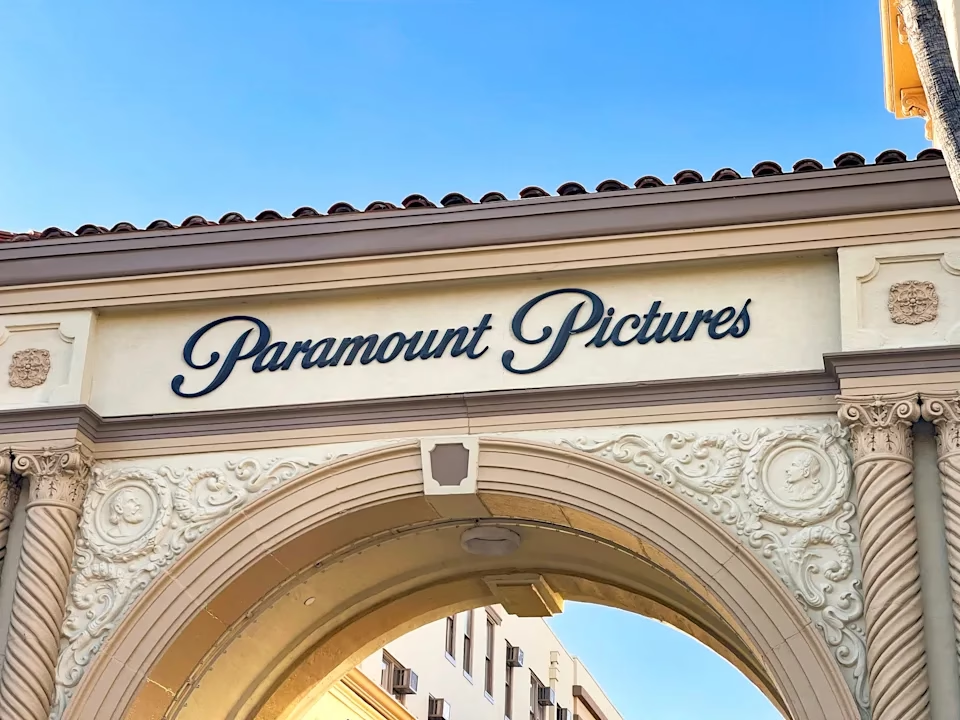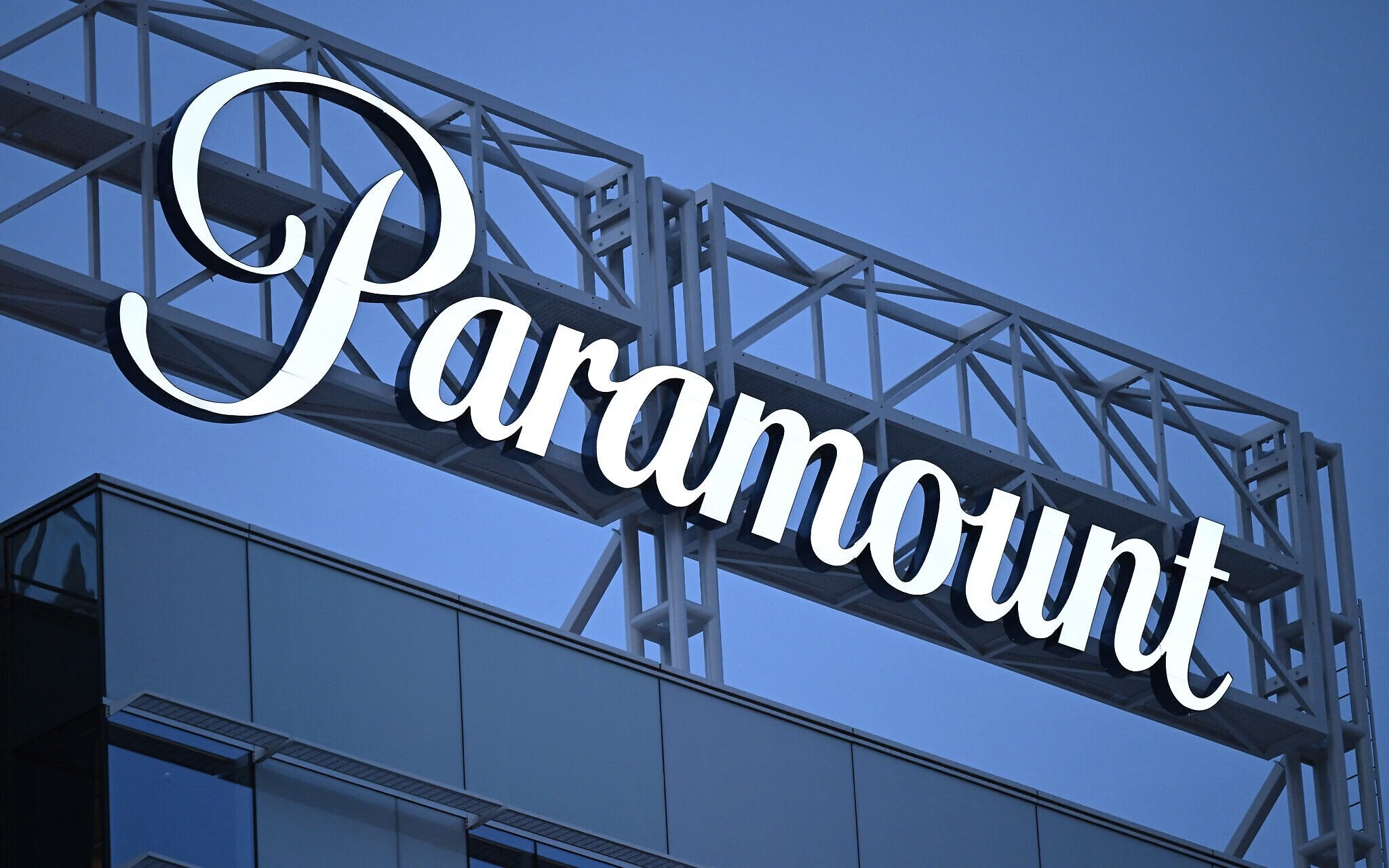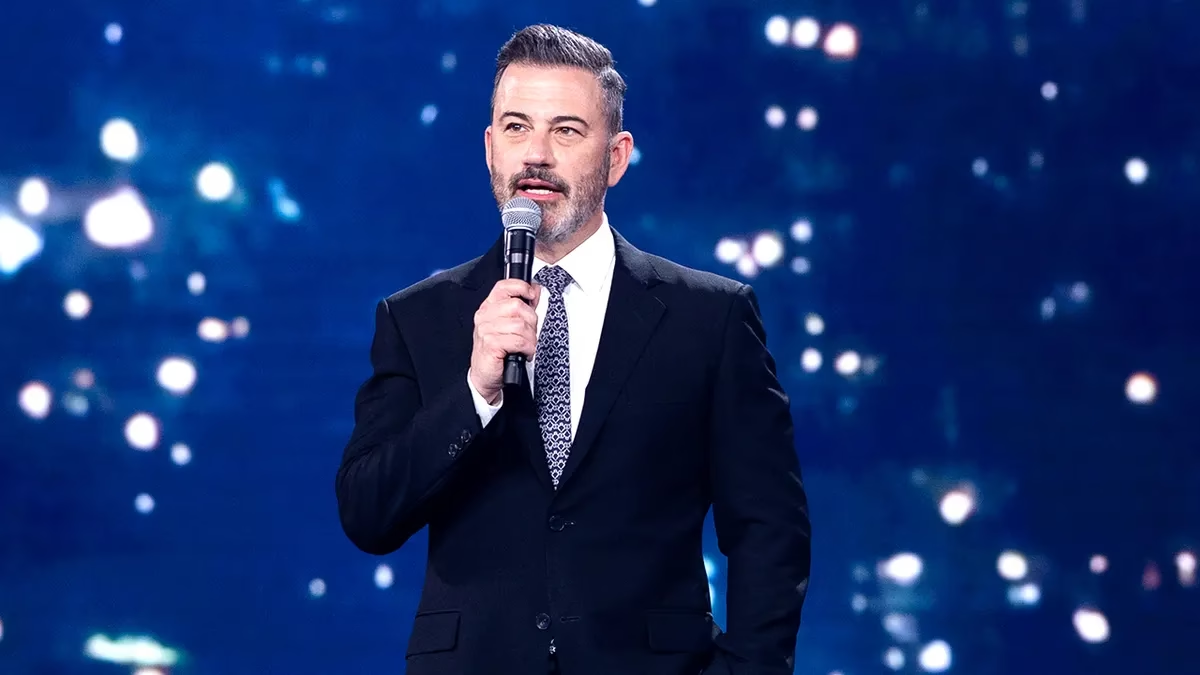
In a groundbreaking and unprecedented move, Paramount Pictures has become the first major Hollywood studio to publicly condemn the boycott of Israeli film institutions. This bold stance places the studio at the center of a heated global debate over politics, art, and freedom of expression.
The Controversial Boycott
The boycott campaign, initiated by a group called Film Workers for Palestine, has stirred strong reactions worldwide. Over 4,000 film industry professionals, including prominent actors, directors, and producers, signed a pledge calling for an end to cooperation with Israeli film institutions. These individuals argue that Israeli organizations are complicit in “genocide and apartheid” against Palestinians.
The pledge urges artists to stop participating in Israeli film festivals, working with Israeli broadcasters, and collaborating with Israeli production companies. Supporters of the boycott claim it is a moral obligation to resist collaboration until Israeli policies towards Palestinians change.
Paramount’s Firm Stand
Breaking ranks with many of its Hollywood peers, Paramount Pictures issued a clear and strong statement opposing the boycott. The studio emphasized its belief in the power of storytelling as a tool to connect people, foster understanding, and promote peace.
A Paramount spokesperson stated:
“At Paramount, we believe in the power of storytelling to connect and inspire people, promote mutual understanding, and preserve the moments, ideas, and events that shape the world we share. This is our creative mission.”
The statement further criticized the boycott effort:
“We do not agree with recent efforts to boycott Israeli filmmakers. Silencing individual creative artists based on their nationality does not promote better understanding or advance the cause of peace. The global entertainment industry should be encouraging artists to tell their stories and share their ideas with audiences throughout the world. We need more engagement and communication — not less.”
Industry Reactions: A Divided Landscape
Paramount’s decision marks a major divergence from the stance taken by many prominent Hollywood figures. Celebrities such as Emma Stone, Joaquin Phoenix, and Ava DuVernay joined the boycott, underscoring the deep divisions within the creative community.
Supporters of the boycott argue that it is a form of nonviolent protest, drawing parallels to the cultural boycott of apartheid-era South Africa. They claim it puts moral and economic pressure on Israeli institutions to address the ongoing human rights violations.
However, critics of the boycott, including Paramount and various Israeli filmmakers, argue that this tactic unfairly targets individual artists and institutions, many of whom do not align with the Israeli government’s policies. They emphasize that the arts should remain a bridge, not a battleground.
An Israeli filmmaker expressed concern that the boycott undermines dialogue and artistic collaboration, stating:
“We believe in art as a platform for peace. Boycotts shut down conversations that are essential for understanding each other’s perspectives.”
Global Impact: More Than Just Hollywood
Paramount’s stance signals a significant shift in how major corporations navigate politically charged issues. The entertainment giant’s message reflects a growing sentiment that art and politics, while often intertwined, should not be weaponized against individual creators.
Analysts predict that this controversy could influence other industries beyond film. With the global political climate increasingly polarized, companies will face mounting pressure to take sides on issues ranging from human rights to international sanctions.
The Role of Storytelling in Fostering Peace
Paramount’s commitment highlights a broader belief in the role of storytelling as a powerful tool for social change. By opposing the boycott, the studio is advocating for the inclusion of diverse voices and the power of art to challenge prejudice and misinformation.
The studio’s leadership argues that cutting off Israeli filmmakers does not contribute to peace but rather deepens divides and misunderstanding. Instead of isolating artists, Paramount believes in creating platforms where differing perspectives can coexist and be shared with global audiences.
What Comes Next?
As the debate unfolds, the entertainment industry faces a pivotal crossroads. Will other major studios follow Paramount’s lead, or will the boycott gain momentum among Hollywood creatives?
Industry insiders suggest that this could prompt wider discussions about corporate responsibility, the power of soft diplomacy, and the evolving role of art in political activism.
The controversy continues to make headlines globally, forcing audiences, policymakers, and artists to grapple with uncomfortable questions:
- Should creative expression be tied to political allegiance?
- Can art remain neutral in the face of human rights violations?
- Or is activism through cultural boycotts a necessary form of protest?
Conclusion: Paramount’s Stand as a Defining Moment
The decision by Paramount to condemn the Israeli film institution boycott reflects a critical moment in the intersection of global politics and the entertainment industry. By standing up for artistic freedom and dialogue, Paramount not only challenges the boycott movement but sets a precedent for other industry giants to consider.
As discussions evolve and new developments emerge, this episode will likely be remembered as a defining moment for how corporations engage with global political controversies in the age of activism.



